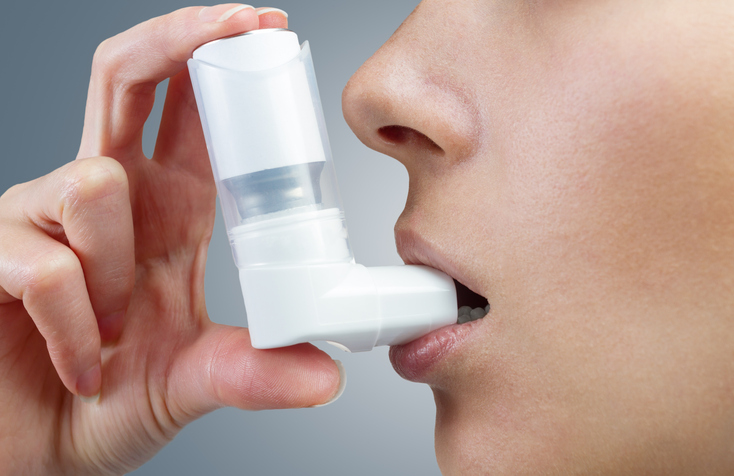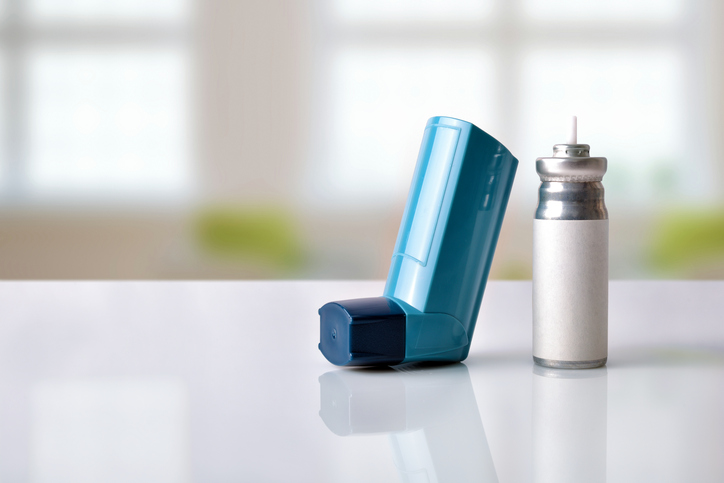
The process of developing modern medicines has been one of exploration, with numerous kinds of delivery mechanisms used for different forms of treatment. Today, people take medication that comes in a variety of forms—everything from injections into the bloodstream, to dermal patches, to capsules filled with powdered medication, and beyond.
One less common delivery system that is nonetheless hugely important is aerosol delivery. An aerosol is a collection of solid or liquid particles mixed in with gas, and using this format to deliver medication can have a few advantages over other kinds.
Here is a look at the two main areas of interest for aerosol drug development.
Pharmaceutical Quality Control Pros Know Aerosol Delivery Is Good for Respiratory Illnesses
Generally, aerosol medications are sprayed into the nasal cavity or throat, which allows them quick access to the respiratory system. This makes them perfect for providing fast relief and treatment for respiratory illnesses like asthma, acute bronchitis, and other afflictions of the lungs and airways.
In order for aerosols to spray, they must be kept in a pressurized container; it’s the pressure that makes it so the medication can be propelled into the lungs when the button is pressed. This means that, in addition to the typical requirements that ensure the medications are safe, and up to code, careful quality assurance work needs to be done on the delivery systems for aerosol medications.

Inhalers and medicine containers for aerosols must also be carefully tested
This makes aerosol medication a fairly unique and interesting challenge in pharmaceuticals. By completing studies in pharmaceutical quality control, though, you will be able to gain a good understanding of the particularities of manufacturing aerosol medicines, and will be well prepared to explore this area in a future career.
In Your Pharmaceutical Quality Control Career, You Might Also Encounter Aerosol Vaccinations
A more broad application for medical aerosol technology is vaccination. For a number of illnesses such as measles, the flu, and even Ebola, vaccines have been created—or are in development —that can be sprayed into the nose to prevent the recipient from becoming ill. This has mixed effects. On the one hand, it seems that antibody production may be better stimulated overall by traditional, injected vaccines. On the other hand, localized antibody production in areas like the nasal cavity, throat, and lungs can be stronger with inhaled vaccines. Those areas are often the first points of entry for airborne viruses, which means having particularly strong immune responses in those areas could arguably be a better solution as it might stop an infection before it has a chance to penetrate deeper.
Aerosol vaccines remain quite niche, and much work remains to determine whether they could be effective for a broader range of viruses. To contribute to this research and testing, you can complete training to do quality assurance in pharmaceutical research. Depending on where you end up working, this could make you a valuable asset in helping verify the safety and efficacy of new aerosol vaccines as they develop.

Become trained to do pharmaceutical quality assurance and you might be able to help test aerosol vaccines
With two particularly interesting applications for aerosol drugs, and other potential applications possibly on the way, it’s possible that aerosols will become an increasingly important vehicle for medication delivery in the coming years.
Do you want to complete a pharmaceutical quality assurance diploma?
Contact AAPS to sign up today!



